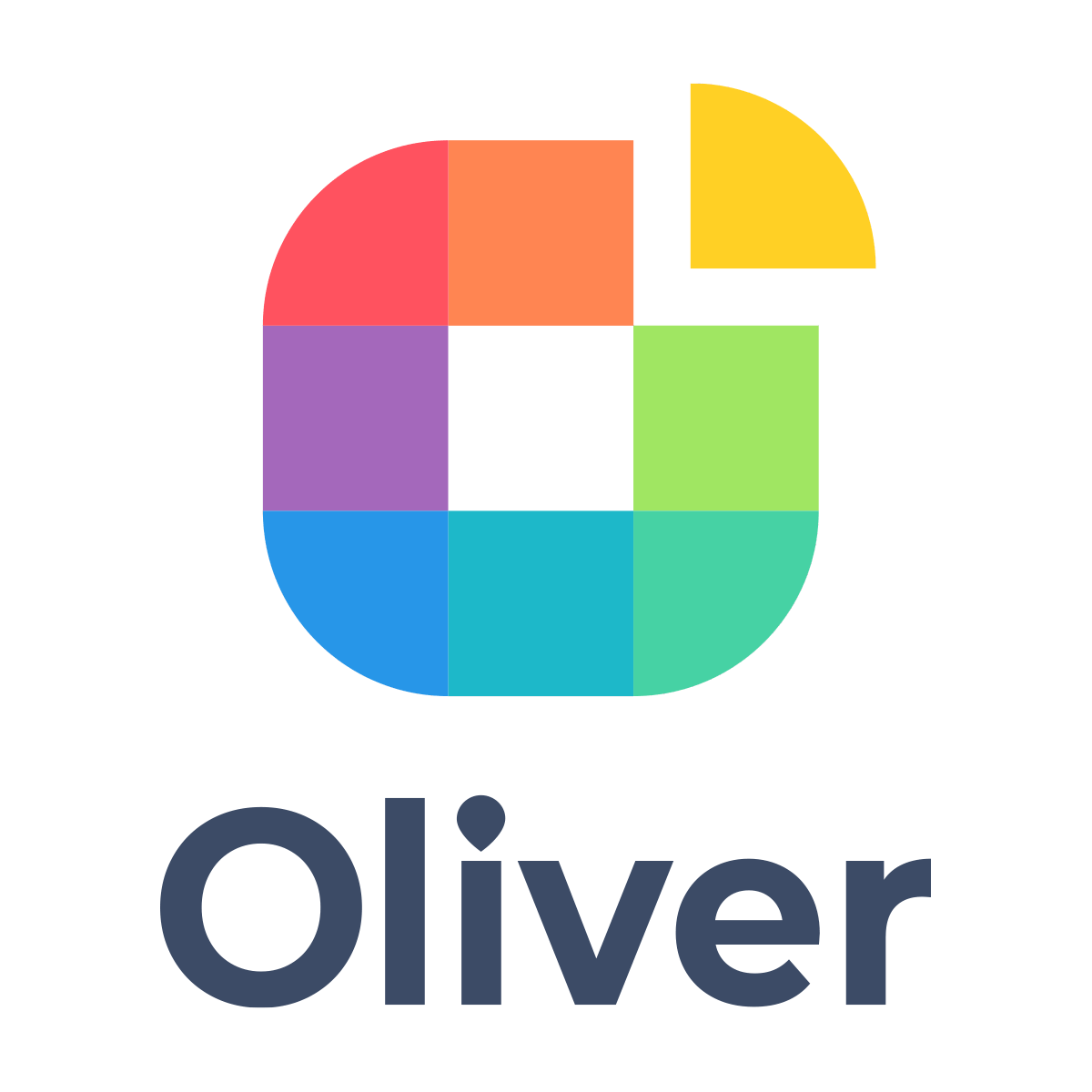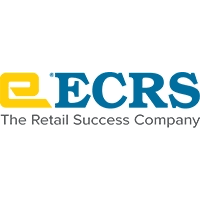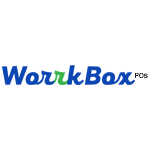Description

Oliver POS

Alice POS
Comprehensive Overview: Oliver POS vs Alice POS
To provide a comprehensive overview of Oliver POS, Alice POS, and Xilnex, we need to understand their primary functions, target markets, market share, user base, and key differentiating factors. Here’s a detailed examination of each:
Oliver POS
a) Primary Functions and Target Markets
- Primary Functions: Oliver POS is designed as a point-of-sale solution that integrates natively with WooCommerce stores. It offers features such as inventory management, customer management, sales reporting, and hardware compatibility with various devices.
- Target Markets: Primarily aimed at small to medium-sized businesses that already use WooCommerce for their e-commerce platform. Typical customers include retail stores wanting seamless integration between their online and physical outlets.
b) Market Share and User Base
- Market Share/User Base: While specific numerical data may not be publicly available, Oliver POS is popular among WooCommerce users looking for a simple point-of-sale integration. Its appeal tends to be niche, focusing on businesses that rely on WordPress and WooCommerce.
c) Key Differentiating Factors
- Integration with WooCommerce: Oliver POS stands out by offering seamless integration with WooCommerce, making it ideal for businesses already operating within the WordPress ecosystem.
- Ease of Use: The platform's design is straightforward, catering to businesses that require minimal setup and training.
- Flexibility and Customization: Users can leverage its integration capabilities to customize operations based on their specific WooCommerce configuration.
Alice POS
a) Primary Functions and Target Markets
- Primary Functions: Alice POS is a cloud-based point-of-sale system suitable for retail environments. It provides functionalities like inventory management, customer management, reporting tools, and support for rental businesses.
- Target Markets: Focuses on multi-store retail businesses, franchises, and rental or service-oriented businesses that require advanced inventory and customer management tools.
b) Market Share and User Base
- Market Share/User Base: Alice POS has carved a niche in markets that need sophisticated POS systems. Its focus on multi-location businesses has allowed it to gain traction in specific verticals, including retail chains and franchises.
c) Key Differentiating Factors
- Designed for Multi-Location Management: Alice POS has advanced features for businesses with multiple locations, offering centralized control and management.
- Rental Business Features: Unique support for rental operations, catering to businesses needing to manage product rentals alongside regular sales.
- Scalability: The system is designed to scale with businesses as they grow, making it suitable for expanding operations.
Xilnex
a) Primary Functions and Target Markets
- Primary Functions: Xilnex offers a comprehensive POS system providing inventory management, CRM capabilities, employee management, sales analytics, and integration with e-commerce platforms. It supports a wide range of hardware.
- Target Markets: Aims at both small and large retail businesses, including those looking for robust features to manage complex operations across various sectors.
b) Market Share and User Base
- Market Share/User Base: Xilnex is used in diverse industries, including retail, F&B, and hospitality, thanks to its versatile features. It is popular in Southeast Asia and continues to expand globally.
c) Key Differentiating Factors
- Comprehensive Feature Set: Offers an extensive range of functionalities, making it suitable for different types of businesses beyond just retail.
- Customizability and Integration: High level of customization and integration with a variety of third-party systems, allowing businesses to tailor the software to specific needs.
- Industry-Specific Solutions: Provides tailored solutions for industries such as F&B and hospitality, setting it apart from more generic POS systems.
Comparative Summary
- Functionality: Oliver POS is ideal for WooCommerce users seeking straightforward integration. Alice POS shines in multi-store, rental, and service businesses. Xilnex caters to a wide range of industries with a robust feature set.
- Market Focus: Oliver POS is more niche, Alice POS targets multi-location and rental services, and Xilnex appeals to diverse industries including larger enterprises.
- Differentiation: Integration capabilities (Oliver POS), multi-location management (Alice POS), and comprehensive functionality across industries (Xilnex) are the key differentiators.
Overall, the choice between these systems would largely depend on the specific needs of a business, their industry, and their existing technology ecosystem.
Contact Info

Year founded :
Not Available
Not Available
Not Available
Not Available
Not Available

Year founded :
2003
+1 844-242-7767
Not Available
Canada
http://www.linkedin.com/company/alicepos
Feature Similarity Breakdown: Oliver POS, Alice POS
When comparing Oliver POS, Alice POS, and Xilnex, it’s important to consider their core features, user interfaces, and any unique functionalities that might set them apart. Below is a feature similarity breakdown for these POS systems:
a) Core Features in Common
-
Sales Processing:
- All three systems offer basic sales processing capabilities, including the ability to handle multiple transactions, apply discounts, and issue receipts.
-
Inventory Management:
- Each POS system provides tools for managing inventory, such as tracking stock levels, reordering products, and adjusting inventory counts.
-
Customer Management:
- These systems offer customer relationship management functionalities including storing customer details, purchase history, and managing loyalty programs.
-
Reporting and Analytics:
- They all provide reporting features that allow businesses to analyze sales data, track performance metrics, and generate financial reports.
-
Multi-Device Support:
- Each solution supports usage across various devices, including tablets, computers, and smartphones.
-
Integration Capabilities:
- All three have integration options with third-party applications, such as accounting software, payment gateways, and e-commerce platforms.
b) User Interface Comparison
-
Oliver POS:
- Design: Oliver POS typically offers a clean and intuitive interface that integrates seamlessly with WordPress and WooCommerce platforms, making it ideal for businesses already using these systems.
- Usability: The interface is generally straightforward, favoring businesses with simple, easy-to-use interface requirements without a steep learning curve.
-
Alice POS:
- Design: Alice POS features a comprehensive interface that supports both single-store and multi-location setups. The design tends to be more visually adaptable to different business models.
- Usability: It often includes a more robust set of tools directly on the interface, which can make it slightly more complex but beneficial for more extensive business operations.
-
Xilnex:
- Design: Xilnex offers a highly customizable interface that can be tailored to various industries beyond just retail, including F&B and services.
- Usability: While versatile and feature-rich, the interface might appear complicated for smaller businesses, catering more to users who need detailed customization.
c) Unique Features
-
Oliver POS:
- WooCommerce Integration: Unique for its seamless integration with WooCommerce, allowing it to directly manage e-commerce and physical sales in one unified platform.
- Modular Approach: It provides modules that businesses can add or remove to tailor their POS experience.
-
Alice POS:
- Multi-Store Architecture: It excels in managing multiple stores from a single account, which is particularly advantageous for businesses that operate several locations.
- Franchise Management: Offers tools specifically designed for franchise operations with central control features.
-
Xilnex:
- Industry-Specific Features: Strong capabilities for various industries, such as table management for F&B businesses or service management for salons.
- High Customizability: Offers an extensive range of customization options that are particularly appealing for businesses with specific needs or those in niche markets.
In summary, while Oliver POS, Alice POS, and Xilnex share common core functionalities, they differ in user interface complexity and specific utilities geared towards different types of businesses. Oliver POS is particularly strong on e-commerce integration; Alice POS supports multi-store operations efficiently; and Xilnex stands out with its customizability and industry-focused features.
Features

Integration Capabilities
Ease of Use
Reporting and Analytics
Customer Support

Sales and Reporting
Inventory Management
User-Friendly Interface
Customer Management
Best Fit Use Cases: Oliver POS, Alice POS
When evaluating point-of-sale (POS) systems, it's crucial to consider features, industry focus, and business needs. Here's a breakdown of the best fit use cases for Oliver POS, Alice POS, and Xilnex:
a) Oliver POS:
- Best Fit Businesses:
- E-commerce and Retail: Oliver POS is particularly strong for businesses that want to integrate their online and offline sales channels. It's a great choice for WooCommerce users looking to manage physical and online store operations seamlessly.
- Small to Medium Enterprises (SMEs): Ideal for smaller retailers or boutiques that need an easy-to-use system with integration capabilities.
- Key Features:
- Integration with WooCommerce: Offers a seamless integration with WooCommerce, making it suitable for businesses heavily invested in WordPress.
- Customizable Interface: Flexible user interface that can suit various retail environments.
- Cloud-Based: Facilitates real-time inventory tracking across platforms.
b) Alice POS:
- Preferred Scenarios:
- Franchise or Multi-Location Stores: Alice POS excels in scenarios where businesses operate multiple locations or franchises and need centralized control and oversight.
- Rentals and Consignment Shops: The system supports specific needs such as rentals and consignment models, making it favorable for these business types.
- Key Features:
- Multi-Location Management: Efficiently manages inventory and sales across different branches or franchise locations.
- Customer Relationship Management (CRM): Robust CRM functionalities that help build customer loyalty and handle complex customer requirements.
- E-commerce Integration: Offers solutions for connecting physical stores with online storefronts.
c) Xilnex:
- When to Consider:
- Large Enterprises and Chains: Xilnex is well-suited for larger businesses with complex operations, requiring extensive customization and advanced reporting.
- Vertical-Specific Solutions: Companies in industries such as F&B, fashion retail, and automotive can benefit from Xilnex's tailored solutions.
- Key Features:
- Highly Customizable: Offers extensive customization options to fit specific business processes and workflow needs.
- Omnichannel Capabilities: Supports businesses in synchronizing sales channels and delivering consistent customer experiences.
- In-Depth Analytics and Reporting: Advanced analytics to support strategic decision-making in larger enterprises.
d) Cater to Different Industry Verticals or Company Sizes:
- Oliver POS: Primarily targets small to medium-sized retail businesses that are looking for seamless integration between physical and online sales. Ideal for businesses operating with WooCommerce.
- Alice POS: Suitable for retail franchises and multi-location businesses. It offers features supporting rental and consignment models, which can cater to niche business types.
- Xilnex: Aimed at larger enterprises with needs for comprehensive customization, strong analytics, and omnichannel retail solutions. It serves various industries with tailored modules, making it versatile for different verticals like F&B or automotive.
In summary, the best POS system will depend on the specific needs of the business, including size, industry, and whether they require features like multi-location management or online integration. Oliver POS is great for smaller retailers with a strong online presence, Alice POS is ideal for franchises and unique business models like rentals, and Xilnex is built for larger enterprises seeking detailed customization and analytics.
Pricing

Pricing Not Available

Pricing Not Available
Metrics History
Metrics History
Comparing teamSize across companies
Conclusion & Final Verdict: Oliver POS vs Alice POS
When comparing Oliver POS, Alice POS, and Xilnex, it is important to evaluate each system based on features, pricing, ease of use, integrations, support, and suitability for diverse business needs. Here's a detailed analysis:
Conclusion and Final Verdict:
a) Best Overall Value:
- Alice POS offers the best overall value for businesses, especially for retail environments that emphasize multi-location management and scalability. It provides a comprehensive suite of features tailored for complex retail operations, enabling seamless centralized management.
b) Pros and Cons of Each Product:
-
Oliver POS:
- Pros:
- Strong integration capabilities with WooCommerce, appealing to e-commerce businesses.
- User-friendly interface with customizable features.
- Cost-effective for small to mid-sized businesses.
- Cons:
- Limited offline functionality.
- May not scale well for very large retail operations.
- Integrations might require technical setup skills.
- Pros:
-
Alice POS:
- Pros:
- Excellent multi-store management and centralized control capabilities.
- Specifically designed for retailers needing robust inventory and customer management.
- Scalable and adaptable for both small and large businesses.
- Cons:
- Pricing may be higher compared to other solutions.
- Might have a steeper learning curve for small businesses not accustomed to advanced features.
- Pros:
-
Xilnex:
- Pros:
- Strong POS software for hospitality and retail industries.
- Offers extensive reporting and analytics tools.
- Highly customizable according to unique business processes.
- Cons:
- User interface may be perceived as less intuitive than competitors.
- Initial setup complexity might be higher.
- Premium support may come at additional costs.
- Pros:
c) Specific Recommendations for Users:
-
Choosing Oliver POS:
- Ideal for businesses operating primarily online with WooCommerce and those looking for a cost-effective and easy-to-use POS solution.
- Recommended for small to mid-sized companies with straightforward operations.
-
Choosing Alice POS:
- Best for medium to large retail businesses that require robust inventory management and multi-location support.
- Suitable for operations where centralized control and scalability are critical factors, making it worth the investment despite higher costs.
-
Choosing Xilnex:
- A great fit for businesses in the hospitality sector needing detailed reporting and complex operational management.
- Suitable for businesses willing to invest time in setup to benefit from extensive customization options.
Overall, users should prioritize their specific business needs, budget constraints, and technical capabilities when choosing between these options. Each system has unique strengths that cater to different market segments, ensuring there’s a suitable choice depending on the business's strategic goals and operational requirements.
Add to compare
Add similar companies




